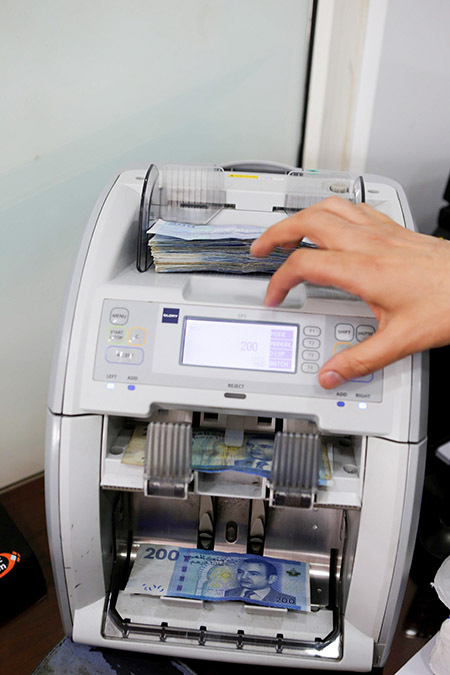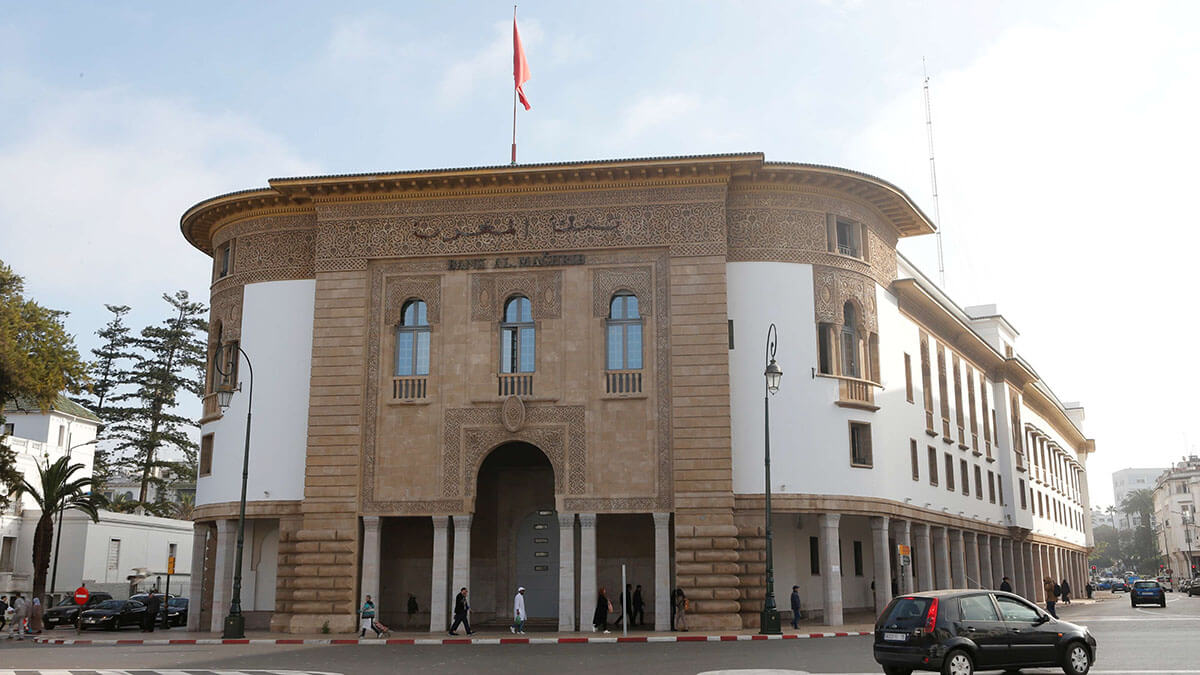Morocco's tax revenues reached 300 billion dirhams in 2024

In 2024, tax revenues reached approximately 300 billion dirhams, which represented an increase of 14.3% compared to the year-on-year figure, according to the Ministry of Economy and Finance. This revenue had a fulfilment rate of 110.8% compared to the forecasts of the finance law, as specified by the ministry in a recent document on Treasury Commissions and Resources (SCRT).
Similarly, tax refunds, rebates and reimbursements, including the part paid by local authorities, rose to 23.2 billion dirhams, according to the same source. This increase in tax revenue is due to the continued implementation of the framework law on tax reform, specifically through measures to broaden the tax base and strengthen fairness and control.

Influencing factors
Factors contributing to the performance of tax revenues include: the introduction of recovery through withholding at source of certain taxes; the self-assessment of value added tax (VAT); the progressive extension of this tax; and the rationalisation of tax incentives, as well as the voluntary tax regularisation system, established by last year's finance law; and the strengthening of tax control have contributed to this performance of tax revenues.
Similarly, the corporate tax recorded a realisation rate of 117.4% and an increase of 13.5%, up to 70.3 billion dirhams. This was one of the main trends that characterised the behaviour of tax revenues due to its tax nature.
The increase was mainly due to the rise in revenue from the regularisation supplement, which amounted to 2.2 billion dirhams, from advances, which amounted to 4.7 billion, and from revenue from administrative actions, which reached 700 million.

Income tax (IR) revenues reached a realisation rate of 114% and an increase of 9.5 billion dirhams. This reflected an improvement in the revenues generated by this tax on wages, which increased by 2.4 billion dirhams, and also on land profits, which increased by more than 600 million. In addition, the income tax withheld at source on profits from the sale of transferable securities and fixed income investment products amounted to 800 million dirhams and 300 million dirhams from professional income.
Value added tax (VAT) increased in revenue and reached 12.4 billion dirhams, due to VAT revenue on both imports and domestic sales, which amounted to 6.3 billion and 6.1 billion dirhams, respectively. This exemplifies the recovery in consumption and the impact of the measures introduced by the 2024 finance law.
The ministry emphasises that revenue from domestic consumption taxes (DCT) recorded a realisation rate of 114.1% and an increase of 3.7 billion dirhams. The ministry emphasises that revenues from domestic consumption taxes (DCTs) recorded a realisation rate of 114.1% and an increase of 3.7 billion dirhams, which is attributed to an improvement in DCTs on energy producers, which account for 1.9 billion dirhams, on tobacco with 1.1 billion and on other products with a figure of 1.3 billion.

Customs duties reached 1.4 billion dirhams and their income reached a collection rate of 113.3%. On the other hand, revenue from registration and stamp duties rose by 1.5 billion dirhams, with a rate of attainment of 111.6%, reflecting the increase in registration fees by 1.3 billion.
The SCRT document is responsible for presenting, on behalf of the Ministry of Economy and Finance, the results of the execution of the forecasts of the finance law with a comparison with the achievements of the previous year. While the General Treasury of the Kingdom is fundamentally accounting in nature, the SCRT is responsible for understanding how international standards in public finance statistics are recommended.
The General Treasury of the Kingdom (TGR) is fundamentally accounting in nature, while the SCRT is responsible for understanding how international standards on public finance statistics recommend that economic transactions carried out during a budgetary period be described, in terms of flows, ordinary income, ordinary expenditure, investment expenditure, budget deficit, borrowing requirement and financing mobilised to cover this requirement.












